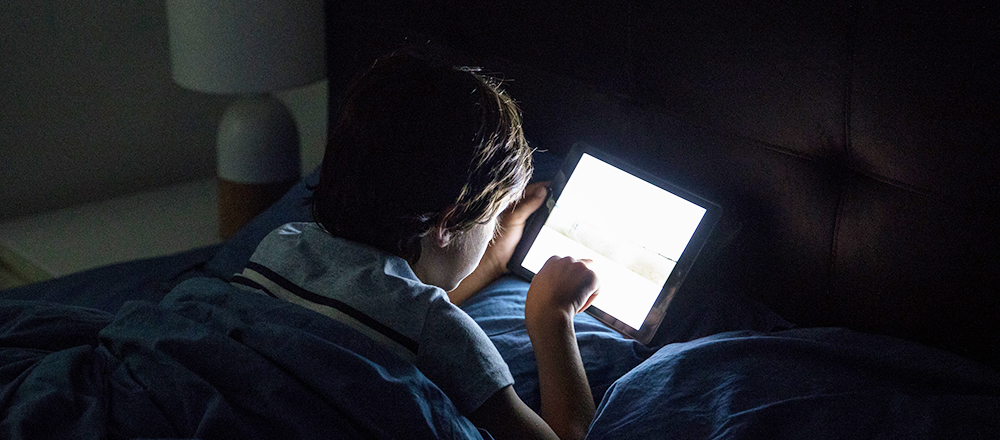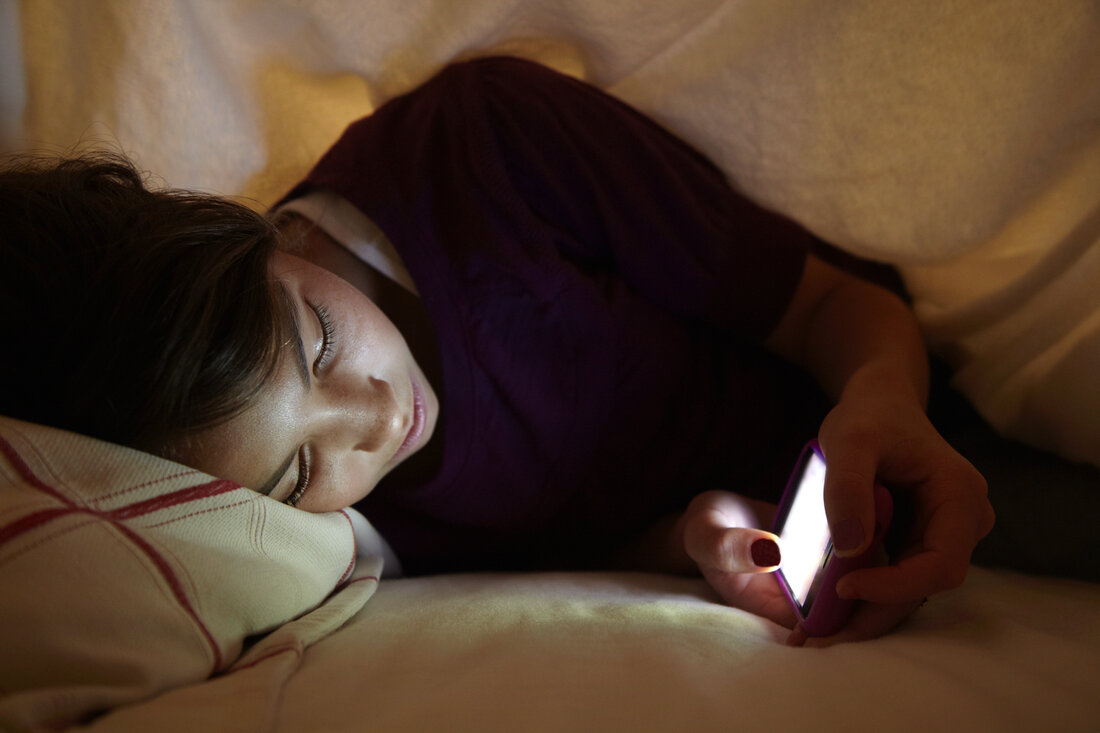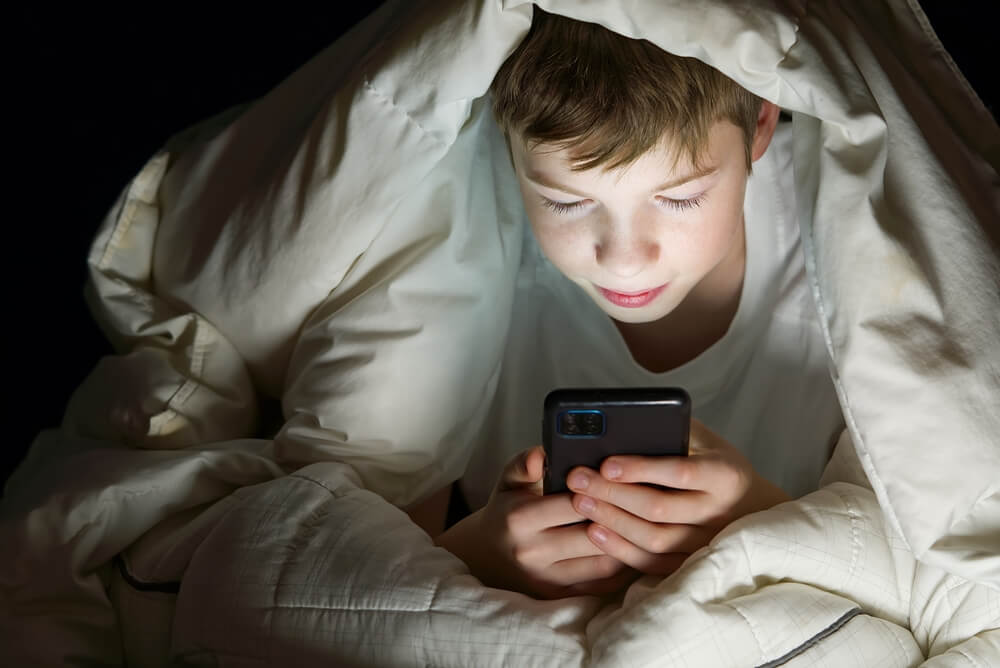In the digital age, screens are ubiquitous in children’s lives, from tablets and smartphones to televisions and computers. The influence of digital screen time on pediatric sleep patterns is a growing concern among healthcare professionals and parents alike.
This article delves into how screen exposure affects sleep quality in children, the underlying mechanisms, and strategies to mitigate potential negative impacts.
Understanding the Effects of Digital Screen Time on Sleep

Digital screens emit blue light, which can interfere with the body’s natural sleep-wake cycle. This type of light is known to suppress the production of melatonin, a hormone that regulates sleep.
As a result, children who use screens before bedtime may struggle to fall asleep and experience poorer sleep quality. Research suggests that increased screen time, especially close to bedtime, is associated with delayed sleep onset and reduced total sleep duration.
The Science Behind Screen Time and Sleep Disruption
Blue light emitted by screens mimics daylight, which can confuse the body’s internal clock. This misalignment can disrupt circadian rhythms, leading to difficulties in falling asleep at the appropriate time.
Additionally, the stimulating content often found on screens can keep children mentally engaged, making it harder for them to wind down before bed. The combination of light exposure and cognitive stimulation can create a significant barrier to achieving restful sleep.
Consequences of Poor Sleep in Children

Sleep is crucial for children’s physical health, cognitive development, and emotional well-being. Insufficient or poor-quality sleep can lead to a host of issues, including impaired attention, memory problems, and behavioral issues.
Long-term sleep disturbances can contribute to chronic conditions such as obesity, diabetes, and mental health disorders. Ensuring children get adequate, high-quality sleep is therefore essential for their overall health and development.
Signs of Sleep Issues Related to Screen Time
Parents should be aware of signs that screen time might be affecting their child’s sleep. Common indicators include difficulty falling asleep, frequent night awakenings, excessive daytime sleepiness, and irritability. If these symptoms are observed, it may be beneficial to evaluate and adjust screen time habits.
Recommendations for Managing Screen Time
To mitigate the impact of screen time on sleep, consider the following strategies:
1. Establish Screen Time Limits
Set clear guidelines for how much screen time is appropriate, especially in the hour leading up to bedtime. The American Academy of Pediatrics recommends limiting screen time to no more than one to two hours per day for children aged 2 to 5 years and consistent screen time limits for older children.
2. Implement a Screen-Free Bedtime Routine
Create a bedtime routine that does not involve screens. Activities such as reading a book, taking a bath, or engaging in calming exercises can help signal to the body that it is time to wind down. Establishing a consistent bedtime routine can also reinforce healthy sleep habits.
3. Use Blue Light Filters
Many devices come with settings or apps that reduce blue light emission. Enabling these features in the evening can help minimize the impact of screen time on melatonin production. However, it is still advisable to avoid screens close to bedtime even with these filters in place.
4. Encourage Alternative Activities
Promote activities that do not involve screens, such as outdoor play, creative hobbies, or family interactions. Engaging in physical activity and social experiences can be beneficial for both sleep and overall well-being.
5. Monitor Sleep Patterns
Keep track of your child’s sleep patterns and screen usage to identify any correlations. If sleep issues persist despite managing screen time, consult with a pediatrician for further guidance. For expert advice on managing sleep-related issues, a pediatrician Scranton PA can provide valuable insights and recommendations.
Conclusion

The impact of digital screen time on pediatric sleep patterns is a multifaceted issue that requires attention from both parents and healthcare providers.
By understanding the effects of blue light and implementing strategies to manage screen exposure, parents can help ensure that their children achieve the quality sleep they need for healthy development. Establishing healthy screen habits early on can contribute to better sleep patterns and overall well-being for children.



